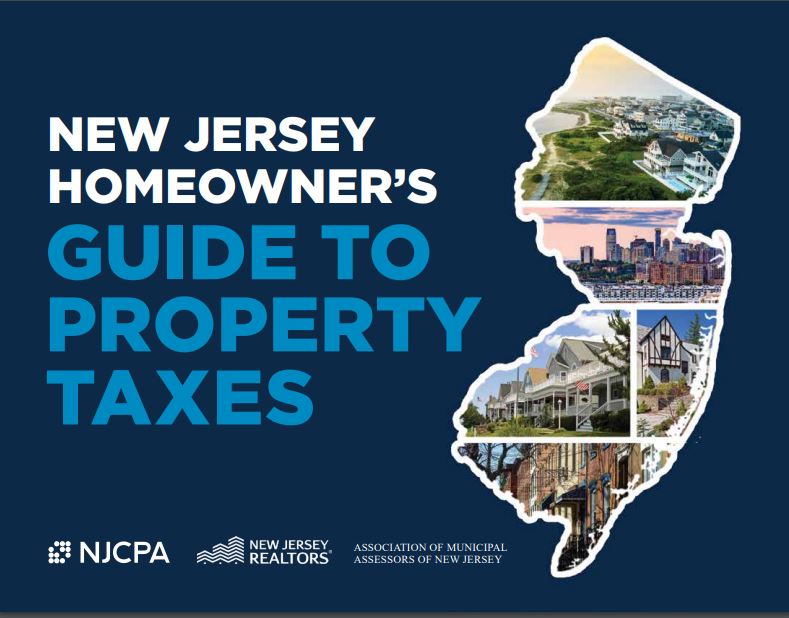
The New Jersey Society of Certified Public Accountants (NJCPA) and New Jersey Realtors recently released a comprehensive guide for New Jersey residents for understanding property taxes. The publication, “New Jersey Homeowner’s Guide to Property Taxes,” answers everyday questions homeowners have about how their home’s value is assessed, how their tax bill is created and where tax dollars get allocated.
The guide was authored by Marc Pfeiffer, Senior Policy Fellow at the Bloustein School and Assistant Director of the Bloustein Local Government Research Center. It includes tax rate formulas, assessment calculations and town budget information as well as a breakdown of taxes by school, municipal services, recreational use or infrastructure needs.
Its creation comes as property taxes are top of mind among New Jerseyans, particularly as the state has the highest property taxes in the nation. New Jersey’s budget, which was approved in July, raised the state’s income tax deduction for property taxes to $15,000 from $10,000. The 2017 Tax Cuts and Jobs Act limited the annual deduction for state and local property taxes to $10,000 for federal tax purposes.
“The project started with the NJCPA wanting to help people understand property taxes better,” said Pfeiffer. “We realized that there was not anything out there that explained to homeowners how property taxes worked. That grew into the guide. The Bloustein School was thrilled to be a part of this effort and working with the partner organizations.’
Pfeiffer will also serve as the lead instructor for two related webinars on “NJ Property Taxes: Challenges, Process, and Opportunities,” that will be held on October 31 and November 1. There are many myths about the fiscal impact of local government budgets on the state’s budget, and the webinars will provide an overview of local budget fiscal impact on the state’s budget, review local government revenue sources, provide an overview of the Bloustein School’s research on local government costs, and examine the impact of the property tax, its challenges and alternatives to it.
“Homeowners have many unanswered questions about where their tax dollars actually go and how taxes are broken down in their taxing districts,” said Ralph Albert Thomas, CPA (DC), CGMA, CEO and executive director at NJCPA. “This guide is a great way to find answers to difficult questions and help homeowners plan accordingly.”
“We’re excited to be able to offer this guide to homeowners and potential homeowners. Taxes are a complicated part of the buying process, and we hope this guide will provide clear, simple information and answers,” said Jarrod C. Grasso, RCE, CEO, New Jersey Realtors.
